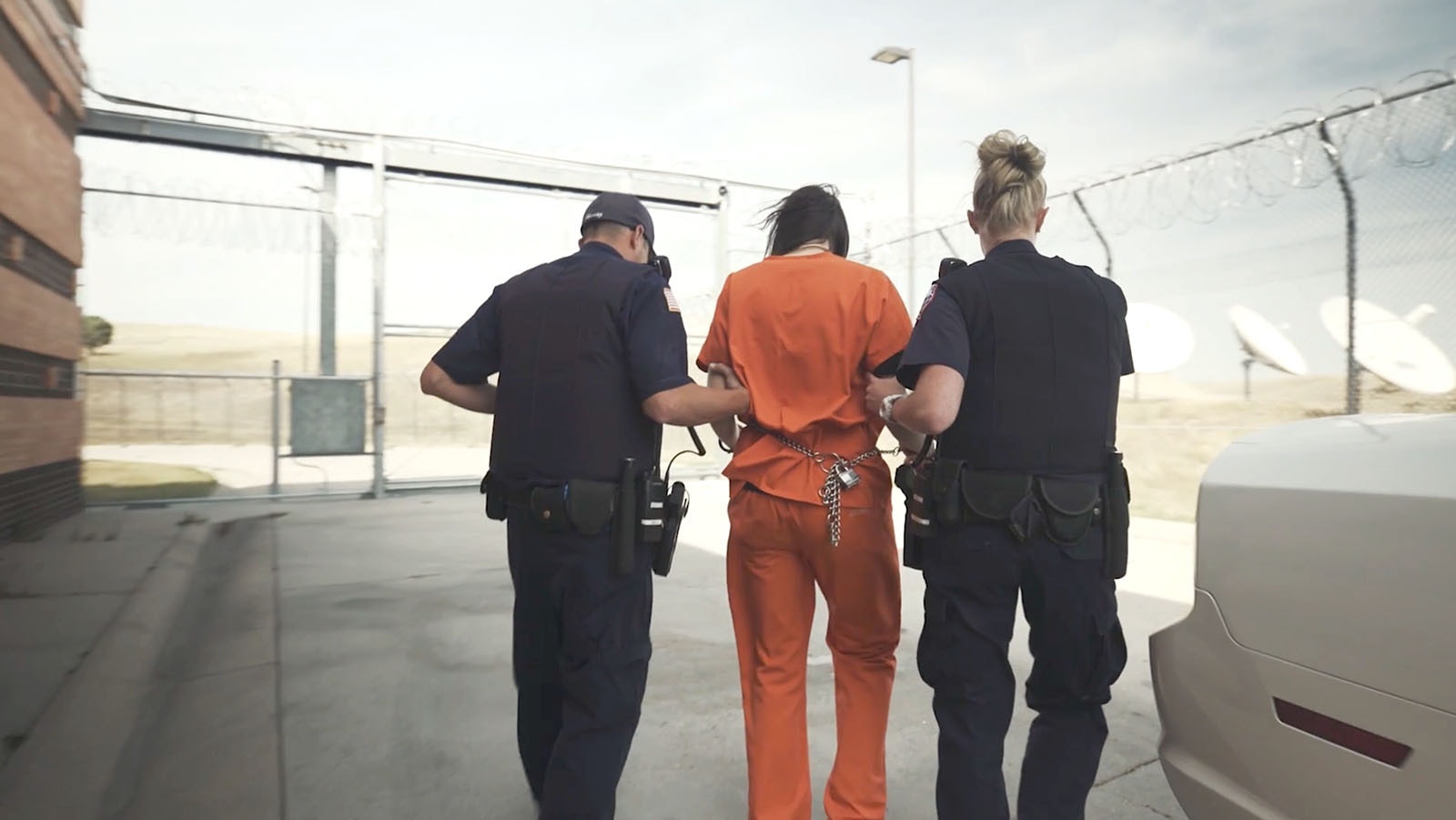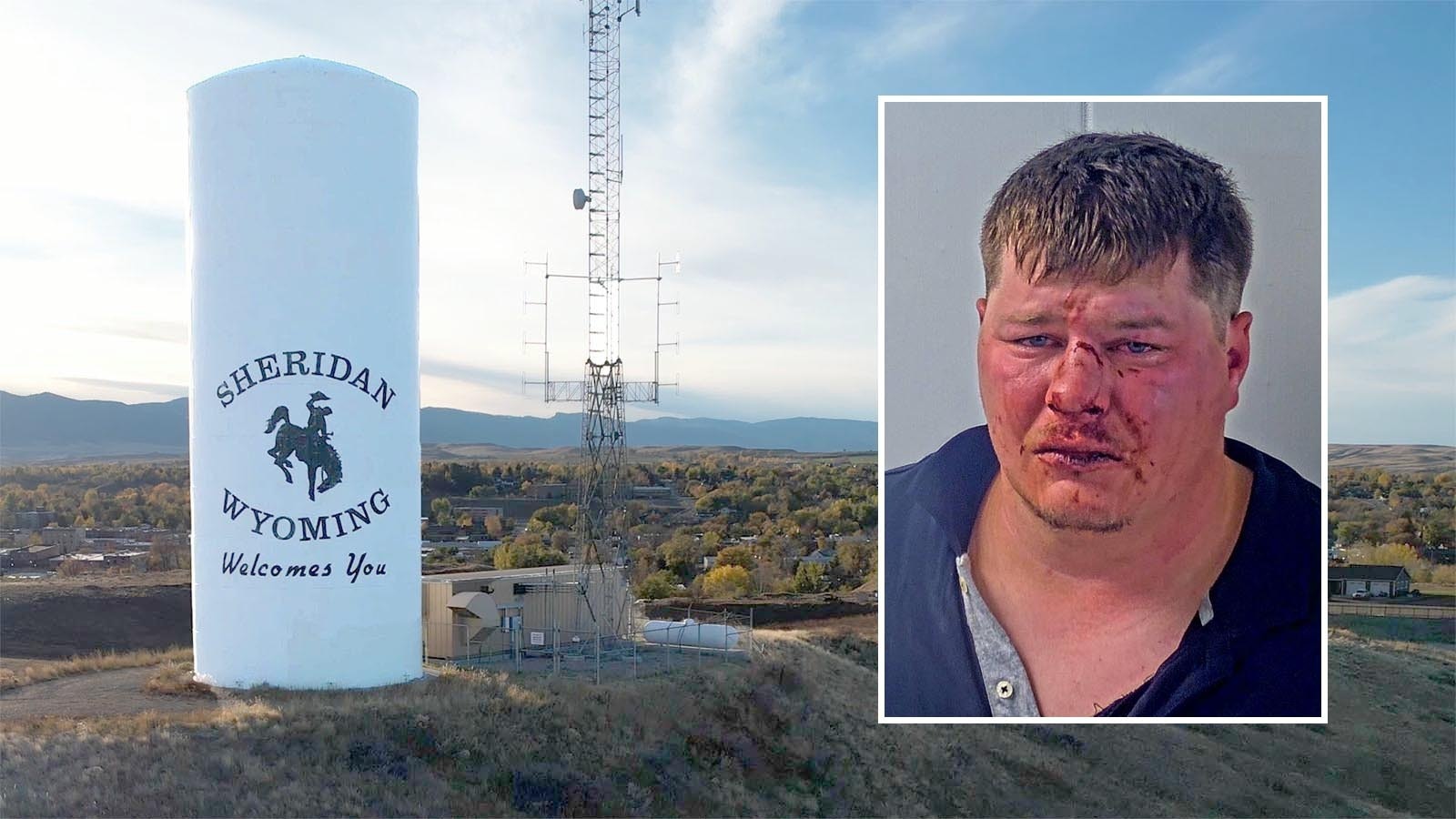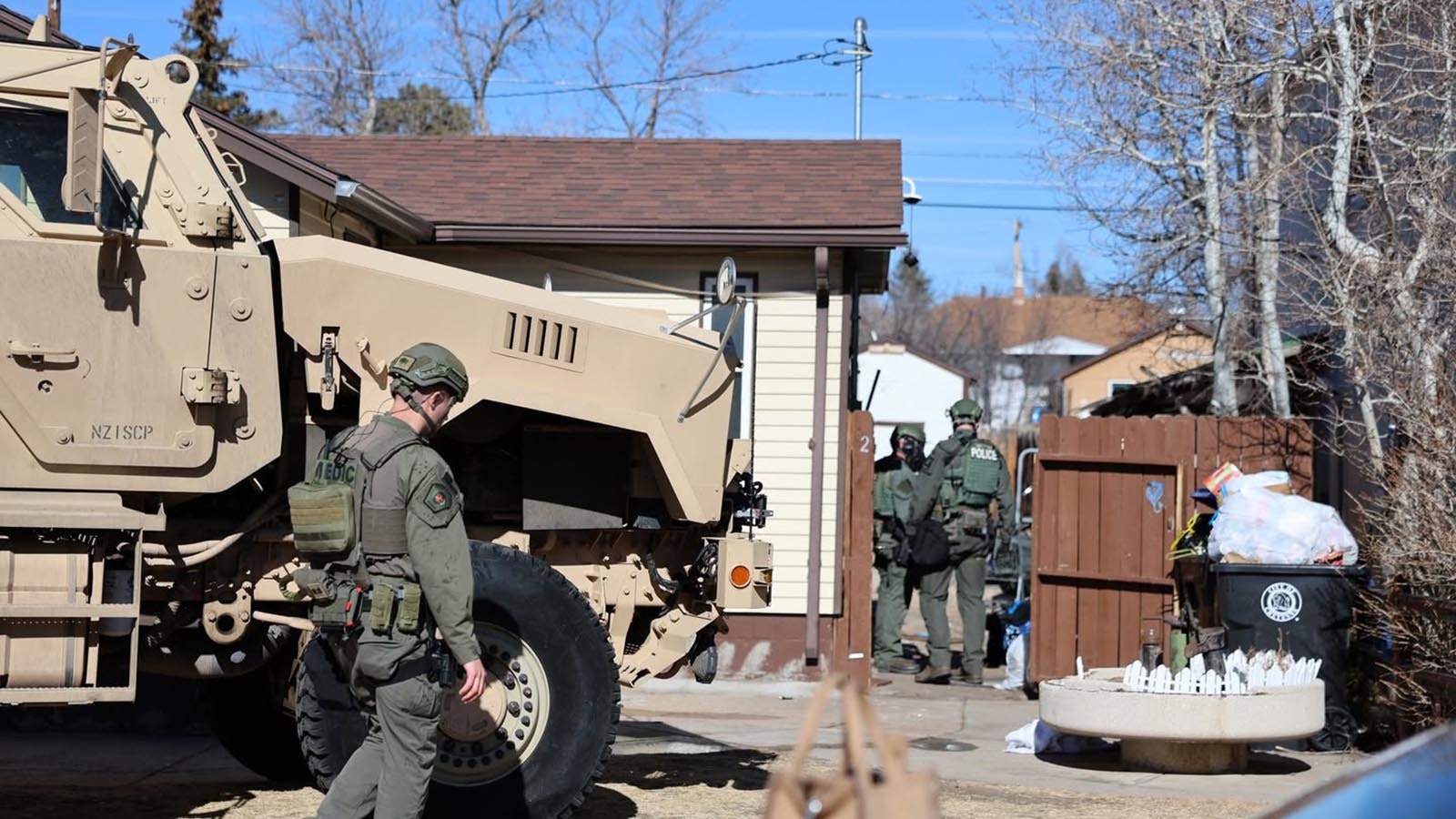From a homeless encampment on the Clark Fork River in Missoula to a private prison in northern Montana, it hasn’t been a pleasant journey for Nathaniel Lake, according to court documents.
On April 24, a federal jury awarded Lake $27.75 million in damages against CoreCivic, Inc., the private prison company that operates Crossroads Correctional Center in Shelby, Montana.
CoreCivic also contracts with Wyoming, housing more than 160 inmates at a facility in Mississippi.
The verdict concludes a sordid trip through the legal system for Lake, who was convicted of attempted sexual intercourse without consent when he allegedly assaulted a volunteer working to help the homeless in Missoula.
That conviction was overturned in 2019, a year after Lake was viciously beaten by another inmate at Crossroads.
The eight-person jury found that CoreCivic failed to protect Lake under the Eighth Amendment, which prohibits cruel and unusual punishment.
The case represents one of the largest settlements against a private prison operator in Montana history.
CoreCivic, formerly known as Corrections Corporation of America, is one of the nation's largest private prison operators, reporting revenues of almost $2 billion in 2020 according to court documents.
In 2024, CoreCivic reported annual revenue of $1.96 billion with 3.43% growth. CoreCivic had revenue of $479 million in the quarter ending Dec.31, 2024, a decrease of 2.43%, according to stockanalysis.com.
Wyoming Also A Customer
Like Montana, Wyoming relies on CoreCivic to help with prison overcrowding. In 2023, the Wyoming Department of Corrections (WDOC) shipped 240 Wyoming inmates to CoreCivic’s facility in Tallahatchie, Mississippi.
Today, that number is down to 166, said WDOC Spokesperson Stephanie Dack.
“The number of WDOC inmates housed in Mississippi… has decreased by nearly 31%,” Dack told Cowboy State Daily.
Each inmate in Tallahatchie costs $75.47 per day, compared to $60.03 a day at the Cheyenne Transitional Center, which is also run by CoreCivic.
“It is our hope to return inmates to Wyoming once we have enough staff,” said Dack.
When asked if any Wyoming inmates had filed legal claims against CoreCivic, Dack referred all questions to the company.
CoreCivic returned a message from Cowboy State Daily on Monday but declined to answer specific questions and instead deferred them to WDOC.
Neither CoreCivic nor WDOC provided any information about whether or not there are pending legal complaints from Wyoming inmates held in CoreCivic facilities.
In a statement following the recent verdict in Great Falls, a company spokesman said, “We take the safety and well-being of every person in our care very seriously.”
CoreCivic plans to appeal the case.
Prison Attack
Security footage from the Crossroads facility in Shelby on Sept. 17, 2018, showed inmate Reid Danell, who was serving two life sentences for a double homicide committed when he was 18, exiting the main door of D-Pod where he was housed.
The complaint states Danell "swiftly walked down the hall to E-Pod" where Lake was housed. Danell entered through the main door to E-Pod, went up the stairs, and directly into E-Pod cell 220 where Lake was being held.
Within one minute of Danell entering the cell, Lake's cellmate Mark Funk was shown exiting briefly before attempting to re-enter.
Another inmate, Domonic Rodriguez, got involved at this point. Rodriguez is described in court documents as being "affiliated with the Surenos, which are a law enforcement designated Security Threat Group.”
Rodriguez pulled Funk out and shut the cell door, effectively trapping Lake inside with Danell, according to an account provided by Funk’s attorneys.
Funk’s attorneys emphasized that "no CCC staff intervened in the attack on Lake, and Danell was allowed to freely roam the prison between units without staff intervention."
Officer Todd Horn later discovered Lake unconscious in cell 220. Lake was transported to Great Falls Benefis Hospital via ambulance and "kept on life support for several weeks" before being returned to CCC's infirmary unit.
During his recovery, Lake had to relearn basic functions. The complaint states he "began teaching himself to walk and talk again."
Danell later "admitted that he went to E-pod for the sole purpose of assaulting Lake, and that he threatened to kill Funk if Funk intervened in the assault."
Danell was criminally charged with two counts of aggravated assault, pleaded guilty to the first count, and was sentenced to 15 years at Montana State Prison with no time suspended.
Lake's complaint alleged that CoreCivic "has a system-wide custom, policy, and practice of prioritizing profits over providing a secure, safe, and healthy environment for its various constituencies."
It further claimed the company had "maintained a custom, policy, and practice of minimizing payroll — in turn, failing to provide adequate staffing and supervision to meet the safety and security needs of the facility."
Lake’s Criminal History
Before his incarceration, Lake lived among the homeless in Missoula for over a decade. Court records show he resided near the river in McCormick Park. In 2012, he met a volunteer at the Union Gospel Mission who took an interest in helping him obtain social services to acquire housing.
From 2012 to 2014, the volunteer helped Lake attend appointments to obtain housing and mental health services. She also provided practical assistance, washing his clothes, bringing additional clothing and bedding, and occasionally paying for hotel rooms during winter weather.
With her help, Lake got into an apartment in June 2014.
Their relationship deteriorated, however, and in October 2015, the woman filed a police report accusing Lake of attempted sexual intercourse without consent during an encounter at his camp in McCormick Park. Lake was subsequently charged and convicted of the offense.
However, on July 30, 2019, while Lake was still being held in CCC's infirmary unit recovering from the assault, the Montana Supreme Court vacated his conviction based on errors in how evidence was handled during the case.
Court records indicate the, "State was given the option to retry Lake, but the Missoula County Attorney's Office declined to refile."
The civil case verdict represents a remarkable turn of fortune for Lake, who the complaint notes "continues to suffer significant permanent physical and mental effects, including speech, gait, and memory impairment" from the traumatic brain injury he suffered during the attack.
The jury's award of $27.75 million is intended to compensate him for these ongoing injuries, which his attorneys argued "will likely prevent Lake from ever achieving gainful employment."
Lake's case highlights ongoing concerns about the private prison industry in the United States. A 2016 U.S. Department of Justice audit cited in the complaint "revealed that CoreCivic staffing has routinely been insufficient to provide a safe and secure environment" and that CoreCivic "had manipulated numbers in its federal reporting scheme to inaccurately reflect enhanced levels of staffing."
In January 2021, President Biden issued an executive order directing the DOJ not to renew contracts with privately operated criminal detention facilities, including those operated by CoreCivic, noting that such facilities "do not provide safe living or working conditions as compared to their government-operated counterparts."
The Trump Administration recently reversed Biden’s executive order, which affects contracts with the federal Bureau of Prisons and the more than 150,000 people the bureau has in custody.
The last time the topic of private prisons made headlines in Wyoming was back in March when Sabot Consulting pitched the Kemmerer City Council on the idea of becoming home to a privately run for-profit detention center.
The facility would house immigrants detained by U.S. Immigration and Customs Enforcement (ICE). On Monday, Kemmerer Mayor Robert Bowen told Cowboy State Daily, the idea didn’t sit well with city leaders.
“Our community is more of a tourism community plus it's an energy-based community,” said Bowen about the proposed 1,000 bed ICE holding complex. “We're on the way to Yellowstone, so we just felt that with the new nuclear plant coming that the facility wouldn't have been the right fit for us.”
“It's not what we're known for,” said Bowen. “That’s not the direction we want to go with being a prison community.”
David Madison can be reached at david@cowboystatedaily.com.





